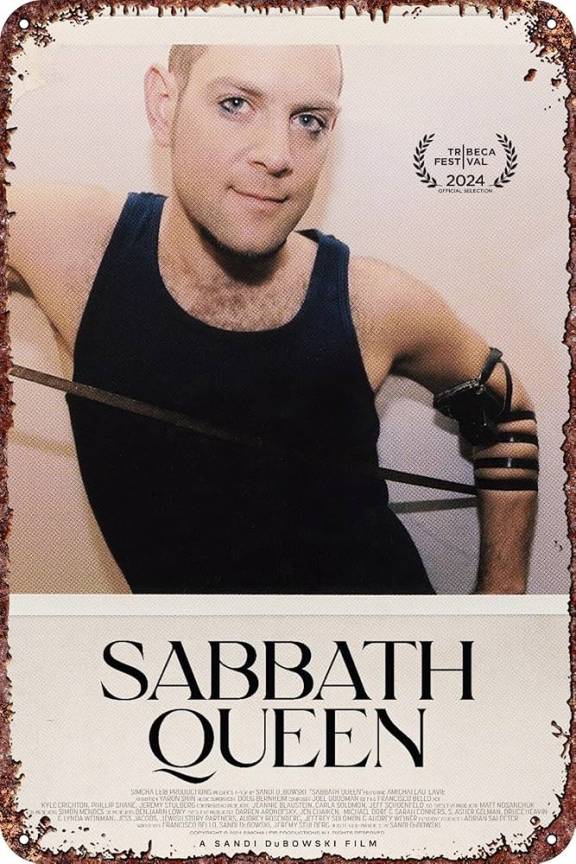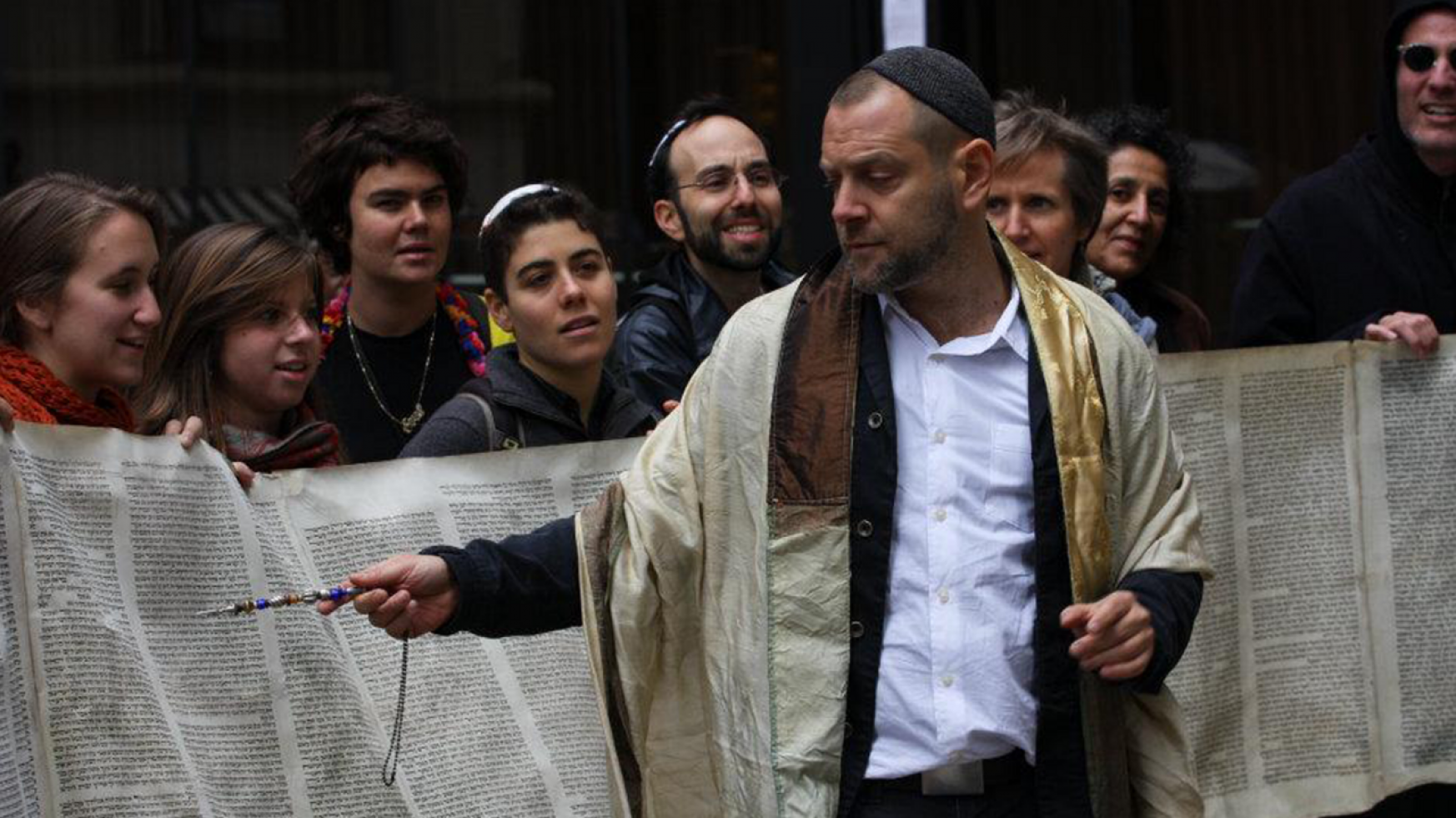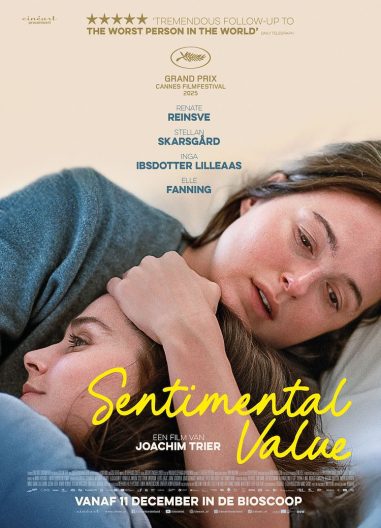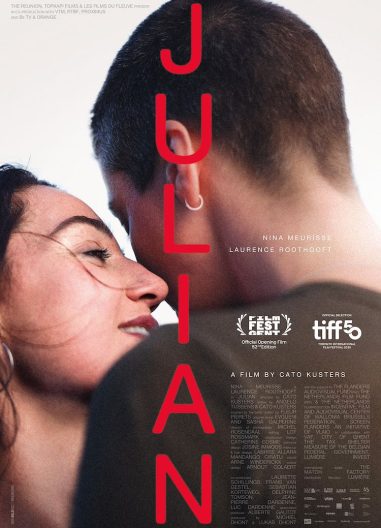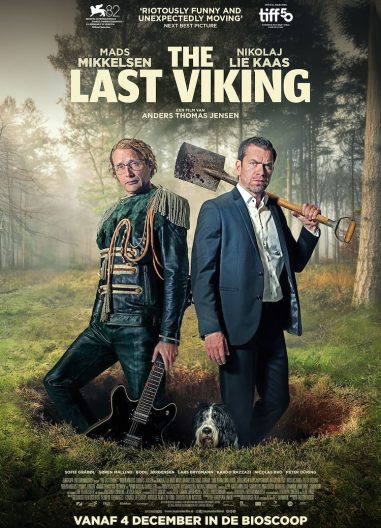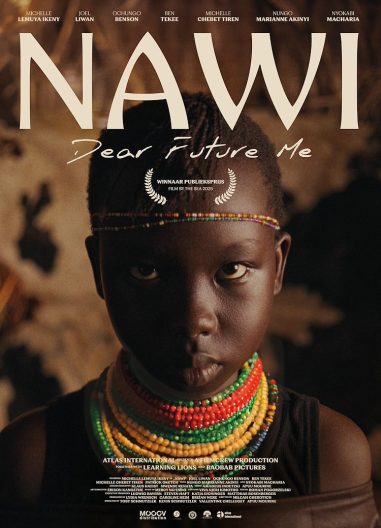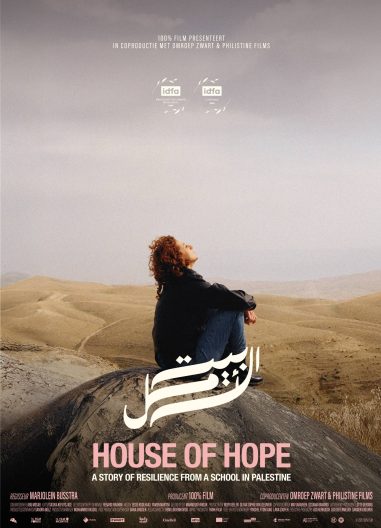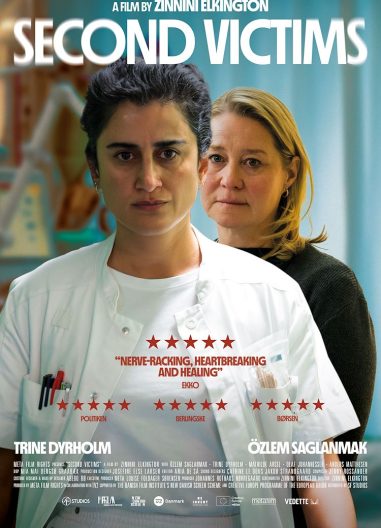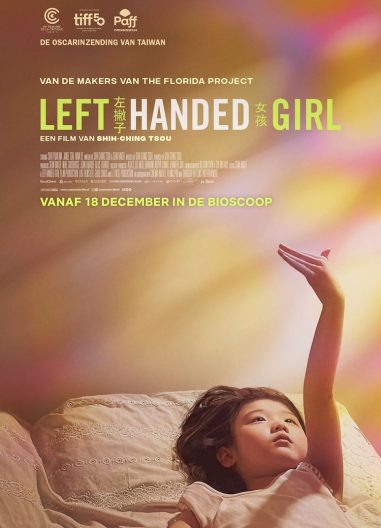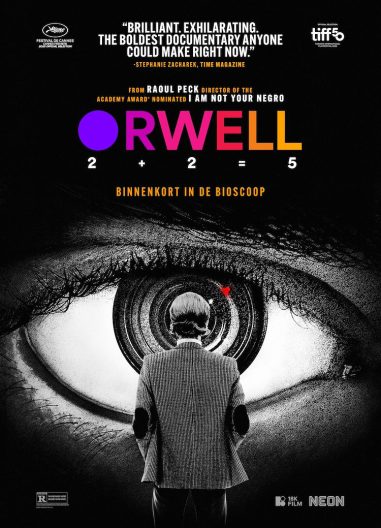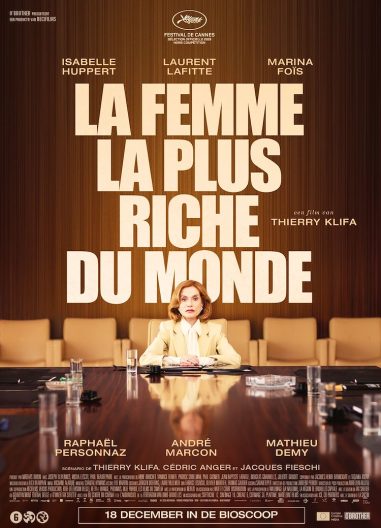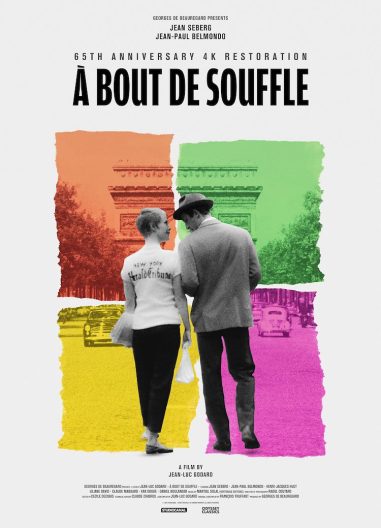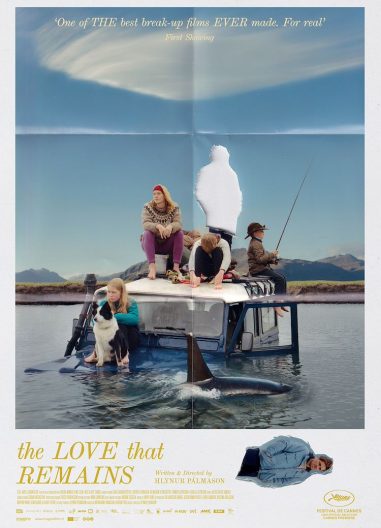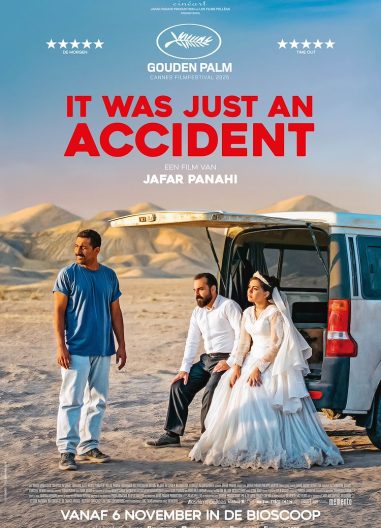Sabbath Queen
De vrijgevochten queer en dragqueen Amichai Lau-Lavie heeft in New York zijn eigen inclusieve, door kunst gedreven joodse gemeenschap opgericht. Hij staat op de schouders van 38 generaties van joods-orthodoxe rabbijnen voor hem, een enorme verantwoordelijkheid.
Betekent trouw blijven aan de tradities van je voorvaderen dat je ze exact moet navolgen, zoals zijn oom, opperrabbijn van Israël, zegt? Of kun je ze aanpassen aan de inzichten van de huidige tijd en je eigen morele geweten? Met dit soort vragen worstelt Amichai gedurende de 21 jaar waarin hij van dichtbij wordt gevolgd. Hij verzet zich tegen onrecht, maar betaalt daarvoor wel een prijs. Bij vredes- en mensenrechtendemonstraties krijgt hij te maken met regelrechte haat.
Amichai reflecteert openhartig op de keuzes die hij maakt. Zijn broer Benny Lau, een orthodoxe rabbijn, becommentarieert de stappen die Amichai heeft gezet. Er is kritiek, afkeuring en pijn, maar ook liefde en behoefte aan verbinding. Sabbath Queen springt heen en weer in de tijd en schetst de familiegeschiedenis, die bijna in Auschwitz was gestopt. Overleven is van enorm groot belang. De vraag is hoe?
Free-spirited, queer drag queen Amichai Lau-Lavie has set up his own inclusive, art-driven Jewish community in New York. He stands on the shoulders of 38 generations of Jewish Orthodox rabbis who went before him. It’s a huge responsibility.
Does remaining true to the traditions of his forefathers mean that he has to do exactly what they (including his uncle, the chief rabbi of Israel) tell him to do? Or are you allowed to adapt those traditions to accommodate new insights and your own moral conscience? Amichai grapples with these kinds of questions throughout the 21 years in which this film closely follows him. He opposes injustice, but pays a price for doing so, encountering overt hatred at protests for peace and human rights.
Amichai talks candidly about the choices he makes. His brother Benny Lau, an Orthodox rabbi, comments on Amichai’s actions. We see criticism, rejection, and pain, but also love and a need to connect. Sabbath Queen jumps back and forth in time to sketch a family history that nearly stopped in Auschwitz. Survival is of immense importance; the question is how.
Kies tijdstip
- filmspecial
De vrijgevochten queer en dragqueen Amichai Lau-Lavie heeft in New York zijn eigen inclusieve, door kunst gedreven joodse gemeenschap opgericht. Hij staat op de schouders van 38 generaties van joods-orthodoxe rabbijnen voor hem, een enorme verantwoordelijkheid.
Betekent trouw blijven aan de tradities van je voorvaderen dat je ze exact moet navolgen, zoals zijn oom, opperrabbijn van Israël, zegt? Of kun je ze aanpassen aan de inzichten van de huidige tijd en je eigen morele geweten? Met dit soort vragen worstelt Amichai gedurende de 21 jaar waarin hij van dichtbij wordt gevolgd. Hij verzet zich tegen onrecht, maar betaalt daarvoor wel een prijs. Bij vredes- en mensenrechtendemonstraties krijgt hij te maken met regelrechte haat.
Amichai reflecteert openhartig op de keuzes die hij maakt. Zijn broer Benny Lau, een orthodoxe rabbijn, becommentarieert de stappen die Amichai heeft gezet. Er is kritiek, afkeuring en pijn, maar ook liefde en behoefte aan verbinding. Sabbath Queen springt heen en weer in de tijd en schetst de familiegeschiedenis, die bijna in Auschwitz was gestopt. Overleven is van enorm groot belang. De vraag is hoe?
Free-spirited, queer drag queen Amichai Lau-Lavie has set up his own inclusive, art-driven Jewish community in New York. He stands on the shoulders of 38 generations of Jewish Orthodox rabbis who went before him. It’s a huge responsibility.
Does remaining true to the traditions of his forefathers mean that he has to do exactly what they (including his uncle, the chief rabbi of Israel) tell him to do? Or are you allowed to adapt those traditions to accommodate new insights and your own moral conscience? Amichai grapples with these kinds of questions throughout the 21 years in which this film closely follows him. He opposes injustice, but pays a price for doing so, encountering overt hatred at protests for peace and human rights.
Amichai talks candidly about the choices he makes. His brother Benny Lau, an Orthodox rabbi, comments on Amichai’s actions. We see criticism, rejection, and pain, but also love and a need to connect. Sabbath Queen jumps back and forth in time to sketch a family history that nearly stopped in Auschwitz. Survival is of immense importance; the question is how.
